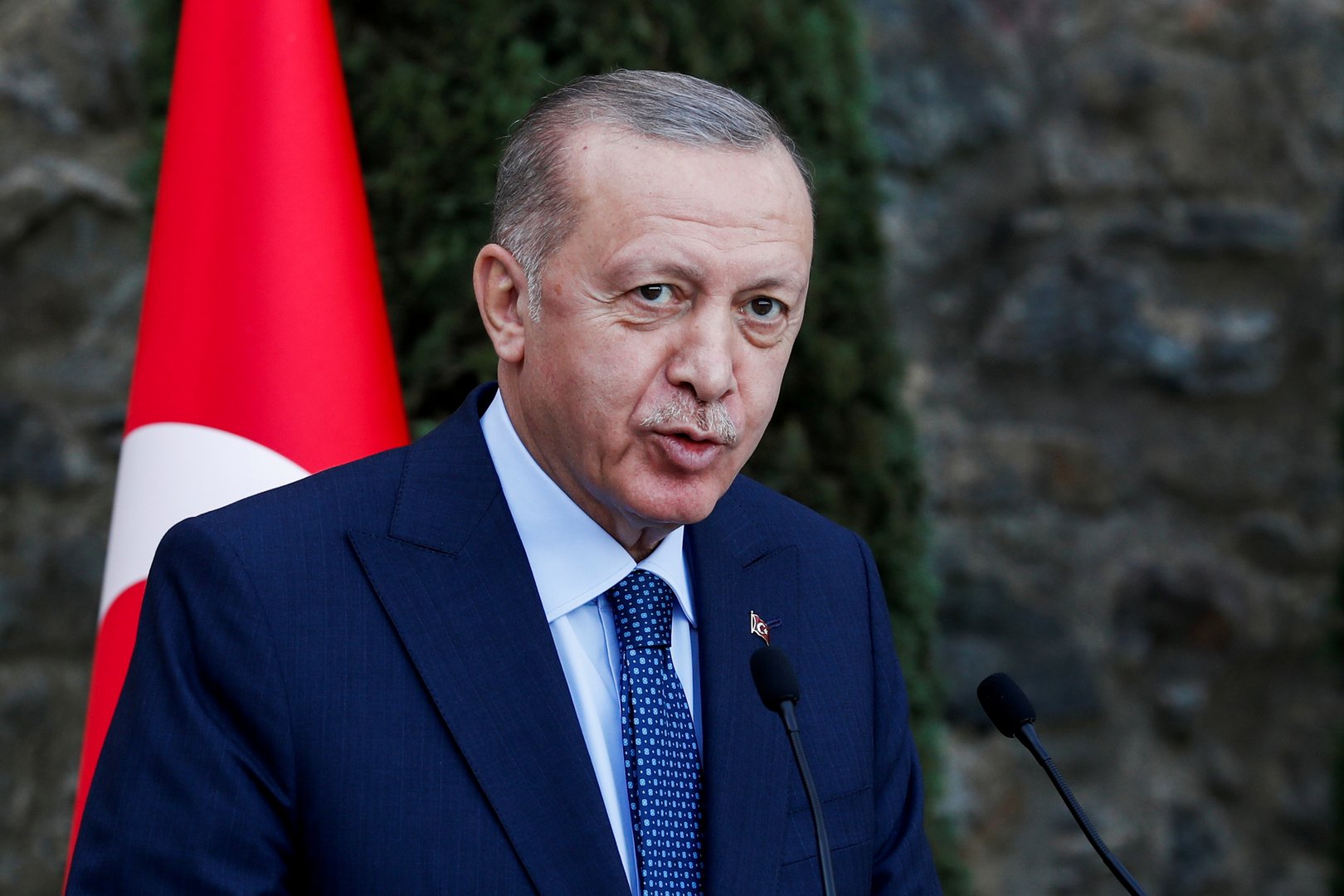Rejects suspended sentence for man who criticised Erdogan
By Aylin Zeybek
Unfortunately, over the past few years Turkey’s record on freedom of expression has been on decline, raising concerns about the protection of human rights in the country. In its recent judgement in October 2021, the European Court of Human Rights (ECHR) ruled that the Turkish government violated Article 10 – freedom of expression – of the ECHR by imposing laws on citizens that prosecuted them for insulting the president.
As a basic human right, freedom of expression is enshrined in a number of national, European, international and regional documents that promote democracy, the form of government that is recognised as the only one capable of protecting human rights. In its interpretation of Article 10, the ECHR has held that “freedom of expression constitutes one of the essential foundations of democratic society, one of the basic conditions for its progress and for the development of every man”.
The court has emphasised the importance of this article on several occasions, stating that it applies not only to information or ideas that are favourably received, but also to those that offend, shock or disturb, as these are requirements of pluralism, tolerance, and broadmindedness without which a democratic society cannot thrive. In its case-law, the court has also addressed the states’ positive obligations to protect this right.
According to the latest reports, Turkey currently has the most imprisoned journalists in the world and continues to arrest anyone and everyone who speaks out against the Erdogan government. It would not be wrong to state that this crisis of freedom of expression in Turkey has now reached a point where there’s a total shut down of critical media and freedom of expression in every sphere of life. Those living in Turkey these days are depressed, worried and in fear whenever they write their views either on social media or in newspapers.
In its recent judgement in October in the case of Vedat Sorli v. Turkey, the European Court of Human Rights unanimously held that there had been a violation of Article 10 on freedom of expression. The case concerned the sentencing of Sorli to a term of imprisonment with delivery of the judgement suspended for five years for insulting the President Erdogan, on account of two posts which he shared on his Facebook account. Among other things, the content included a caricature and a photograph of Erdogan accompanied by critical comments concerning him.
The court considered that the criminal proceedings against the applicant and the decision to suspend delivery of the judgement which had subjected him to a five-year suspension period amounted to interference with the exercise by the applicant of his right to freedom of expression. The court has also stated that a state’s interest in protecting the reputation of its head of state cannot be a justification for giving the head of state a privileged status or special protection.
Concluding there had been a violation of the applicant’s right to freedom of expression, the court held that Turkey was to pay Sorli €7,500 in respect of non-pecuniary damage.
Aylin Zeybek is a trainee lawyer at Elias Neocleous & Co LLC







Click here to change your cookie preferences